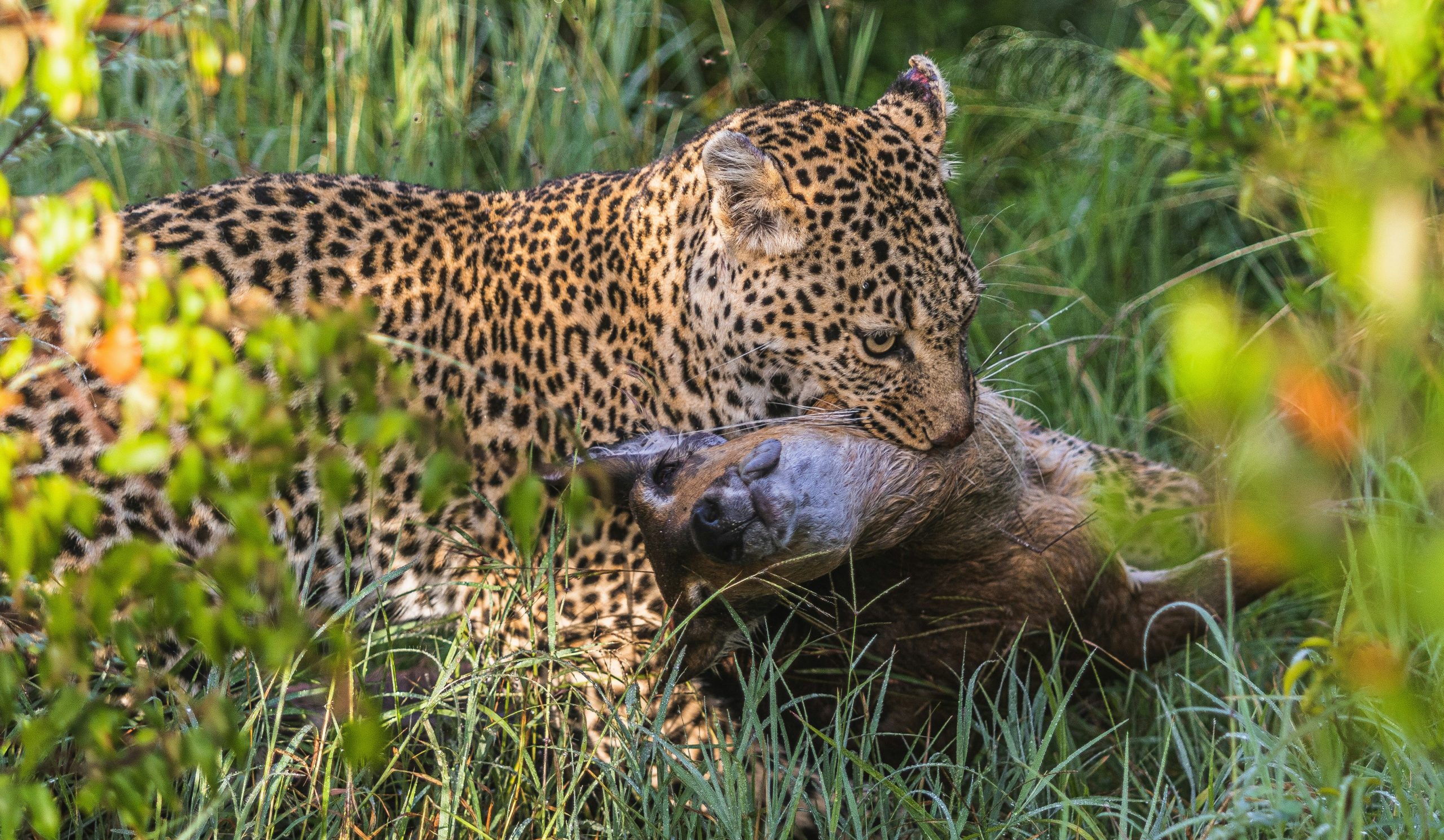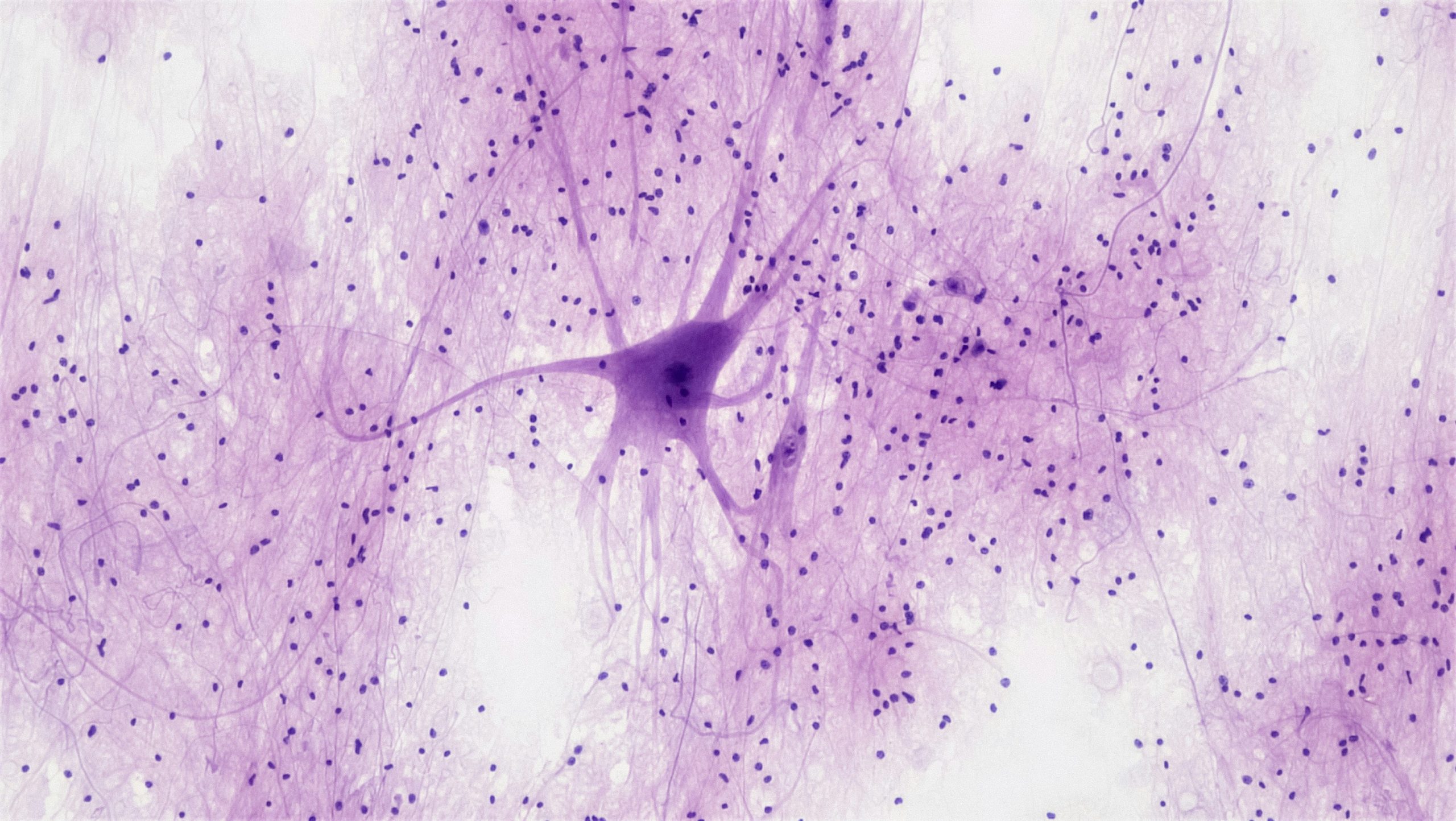Runner-up of the Hilary Term 2020 Schools’ Writing Competition
Elizabeth Dewes, Year 11, West Midlands
Since the rise of Greta Thunberg, everyone has had at least some insight into the sinister threat of climate change. We are beginning to see the catastrophic effects of our average global temperature rising, with 10 million hectares of land affected by the Australian wildfires this year, and Antarctica losing approximately 127 billion tons of ice per year. However, this doesn’t even begin to demonstrate the massive impact climate change will have on our planet in the future. The Intergovernmental Panel on Climate Change stated, ‘Scientific evidence for warming of the climate system is unequivocal’. It’s indisputable; our species as we know it will become extinct if we don’t act. But that poses the question for many people, what happens now?
It’s relatively common knowledge that we have until 2050 before we are believed to pass the point of no return. In my mind, that seems like plenty of time for the world’s governments to come together to decide to act. Of course, that would be the sensible thing to do. With investment in new technologies and renewable energy resources, it seems we could practically solve this whole situation. However, somewhat unfortunately, it’s not that simple. But who doesn’t love a challenge? With current American president, Trump, being backed by fossil fuel industries, who invested millions into his election campaign and inauguration, it’s unlikely for him to reduce profits for these large companies by passing laws to reduce emissions and investing in renewable sources of energy. However, there are many implications, even if leaders and governments were to shut down these industries, they boost the economy of many countries and provide thousands upon thousands of jobs. The seemingly easy solutions turn out to be not so simple.
However, it’s not just fossil fuel industries that are enhancing the greenhouse effect. The effect of farming on the environment is becoming a more prevalent issue. Agriculture, especially pastoral farming, contributes towards 10% of EU greenhouse gas emissions. Large areas of land are cleared to provide space for this production. Increased deforestation is meaning that less carbon dioxide is taken in by trees and is remaining in our atmosphere. In addition, vast amounts of methane produced by cattle are contributing to global emissions. Methane is a greenhouse gas with a global warming potential 104 times greater than CO2.
People are beginning to run out of ideas, and nothing is changing, however, a single ray of hope does shine through the clouds of disarray. Fancy a holiday to Mars?
In 2015, the goal of sending human life to Mars was reaffirmed by NASA and 2030 was set as the ETA. There will finally be life on Mars, and I’m sure David Bowie is rolling in his grave. The main purpose of this mission is to ensure the survival of humanity. Climate change, overpopulation, asteroid collisions and nuclear war are all understandable reasons for wanting a so-called ‘back-up’ planet.
Planet Earth. The third planet from the Sun and the only planet in the universe known to harbour and support human life. We were practically designed to be here. Millions and millions of years of evolution and here we are, the Homo sapiens. Now, Mars. A planet with an average surface temperature of minus 60 degrees Celsius, an atmosphere composed of 0.174% oxygen and almost all its water existing as ice. I think it’s difficult to even comprehend the levels of life support that would be needed if we were to colonise Mars.
So, to put it simply, our two options are to start again on Mars, or fix what we’ve got. I believe the latter is preferable. And with a slight variation on a common idiom: if it ain’t broke, don’t move to Mars. We haven’t broken our planet yet. We’ve had the necessary technology we need to save the Earth for years, the only issue being the lack of political will to enact them. And as for the issue with agriculture, globally reducing meat consumption will have a huge positive effect. We must focus on saving the Earth and keep our heads out of the stars. What we have now is more precious than anything we will ever have in the future.





